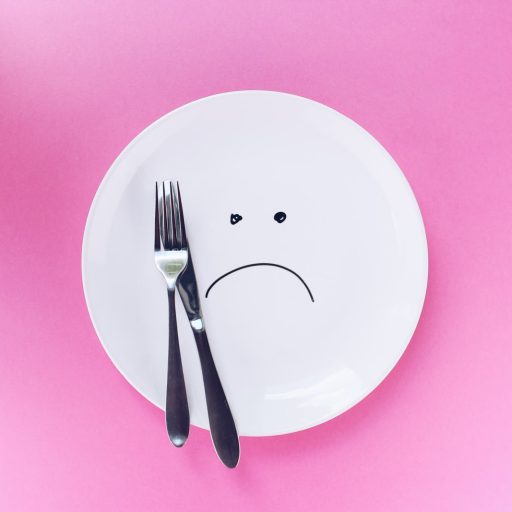Following an extreme weight-loss diet is a surefire way to end up back where you started from, or worse. It’s best to keep your future in perspective – and highly unlikely that a flawed diet will make up for the rest of your life.
What is Extreme Dieting?
There are a lot of different diets out there that people claim are the best way to lose weight. Some of these diets are more extreme than others, and I believe that the more extreme the diet, the less effective it is.
An extreme diet is any diet that requires you to make drastic changes to your eating habits or lifestyle in order to see results. This can include things like cutting out entire food groups, eating very little calories, or only eating certain foods.
I don’t recommend extreme dieting for a few reasons. First, it’s not sustainable. You can’t live your life on an extreme diet forever, and eventually you’re going to have to go back to eating normally. Second, extreme diets often lead to unhealthy behaviors like binge eating or purging. And finally, extreme diets usually don’t work in the long run. Yes, you might lose some weight in the short term, but it’s not likely to last.
If you’re looking to lose weight, I recommend making small changes to your diet and lifestyle instead of going on an extreme diet. These changes will be easier to stick with in the long run and won’t lead to unhealthy behaviors.

Why Does Anyone Recommend an Extreme Diet?
There are a few reasons that people might recommend an extreme diet. Maybe they believe that you need to starve yourself to lose weight. Or, they could think that the only way to drop pounds is by cutting out major food groups. Whatever the reason, following an extreme diet is usually not the best idea.
First of all, when you severely restrict your calories, your body goes into starvation mode. This means that your metabolism slows down in order to conserve energy. So, you may actually end up gaining weight instead of losing it. Additionally, cutting out entire food groups can lead to nutrient deficiencies. For example, if you eliminate carbs from your diet, you miss out on important vitamins and minerals like fiber, B vitamins, and magnesium.
What’s more, extreme diets are often unsustainable. It’s very hard to stick to a plan that is so restrictive long-term. Most people end up falling off the wagon and going back to their old eating habits. This can lead to swing dieting, which has been linked with health problems like heart disease and type 2 diabetes.
So, if you’re looking to improve your health and lose weight, it’s best to avoid extreme diets and focus on making sustainable changes to your eating habits. Adopt a healthy balanced diet that includes all the major food groups and make sure to get regular physical activity for long-term success.
Pros and Cons of Eating Only One Type of Food
When it comes to diets, there are a lot of different options out there. But one type of diet that I don’t recommend is eating only one type of food.
There are a few reasons why this isn’t a good idea. First, it can be really boring to eat the same thing every day. Second, you’re missing out on important nutrients that you can get from other foods. And third, it’s just not sustainable in the long run.
So if you’re thinking about going on an extreme diet, I would urge you to reconsider. There are better ways to lose weight and keep it off for good.
When People’s Weight Loss Goal Has Been Reached
When people’s weight loss goal has been reached, they may feel a sense of accomplishment and elation. However, this is often followed by a period of feeling “stuck” at their new weight. Some may even regain the weight they lost, plus more.
Why does this happen? It’s due to a number of factors, but the two main ones are:
- The body’s natural weight-regulating mechanisms are trying to “rebound” from the drastic changes that were made during dieting.
- People often return to their old eating habits after reaching their goal, which can lead to weight gain.
- Etc…
What can be done to prevent this from happening?
- First, it’s important to have realistic expectations about weight loss and maintenance.
- Second, don’t try to lose weight too quickly. Slow and steady wins the race!
- Finally, make sure you’re following a healthy diet and lifestyle plan that you can stick with for the long haul.
Conclusion about extreme dieting
It is my personal belief that extreme dieting is not a sustainable or healthy way to lose weight. I have tried many different types of diets in the past, and while they may work in the short term, they always end up causing me more harm than good.
I believe that the best way to lose weight is to make small, gradual changes to your lifestyle that you can stick with for the long haul. If you’re looking to make a change in your life, I would urge you to consider making small tweaks to your diet and exercise routine instead of going on an extreme diet.



